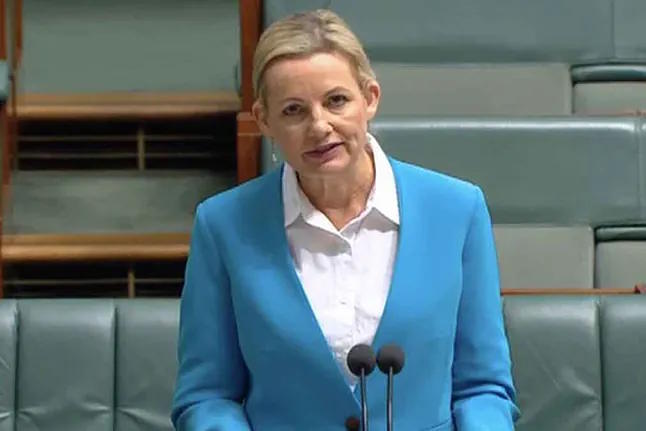In an unprecedented event in 38 years, the Australian National Party, the smaller partner in the country's conservative coalition, announced on Tuesday the breakup of the agreement with the Liberal Party due to ideological differences and following their defeat in the general elections on May 3, as reported by Efe.
"At this moment, we are taking a stance based on building upon our achievements to move forward (...) Therefore, with great regret, I announce that we will not be part of the Liberal-National coalition," stated the leader of the National Party, David Littleproud, in a press conference.
The politician, who was reelected last week to continue leading the Nationals, argued that their Liberal partners are in a process of "rebuilding" after naming Sussan Ley as the new leader last Tuesday, the first woman to lead the conservative party in its 80-year history.
Ley replaced Peter Dutton, who was compared to U.S. President Donald Trump for some of his proposals, including on migration, and whose popularity began to decline in Australia as the trade war progressed.
"I committed (to Ley) to work every day to try to rebuild the relationship to the point where we can reform a coalition before the next elections," scheduled for 2028, emphasized Littleproud, as reported by the public channel ABC.
Among the differences between both platforms, the Nationals cited the Liberals' retreat on the nuclear energy issue and on the funding of regional infrastructures, among other reasons.
The last time both parties took different paths was in 1987, after another electoral disaster that put a pause to the century-old relationship between the Liberals and Nationals in both state and federal politics, where they share power when in government.
The opposition's division comes after the ruling Labor Party's wide victory, allowing Prime Minister Anthony Albanese to renew his mandate for the next three years and achieve an absolute majority in the lower house of Parliament.
Albanese, who managed to overturn the polls that predicted his defeat just a few weeks ago, made history by becoming the first Labor leader to be reelected in 21 years.
According to the latest update from the Electoral Commission, the Labor Party would secure 94 seats, well above the absolute majority set at 76, while the Liberal-National coalition would end up with 43 - 9 of them Nationals - in a House of Representatives with 150 seats.
